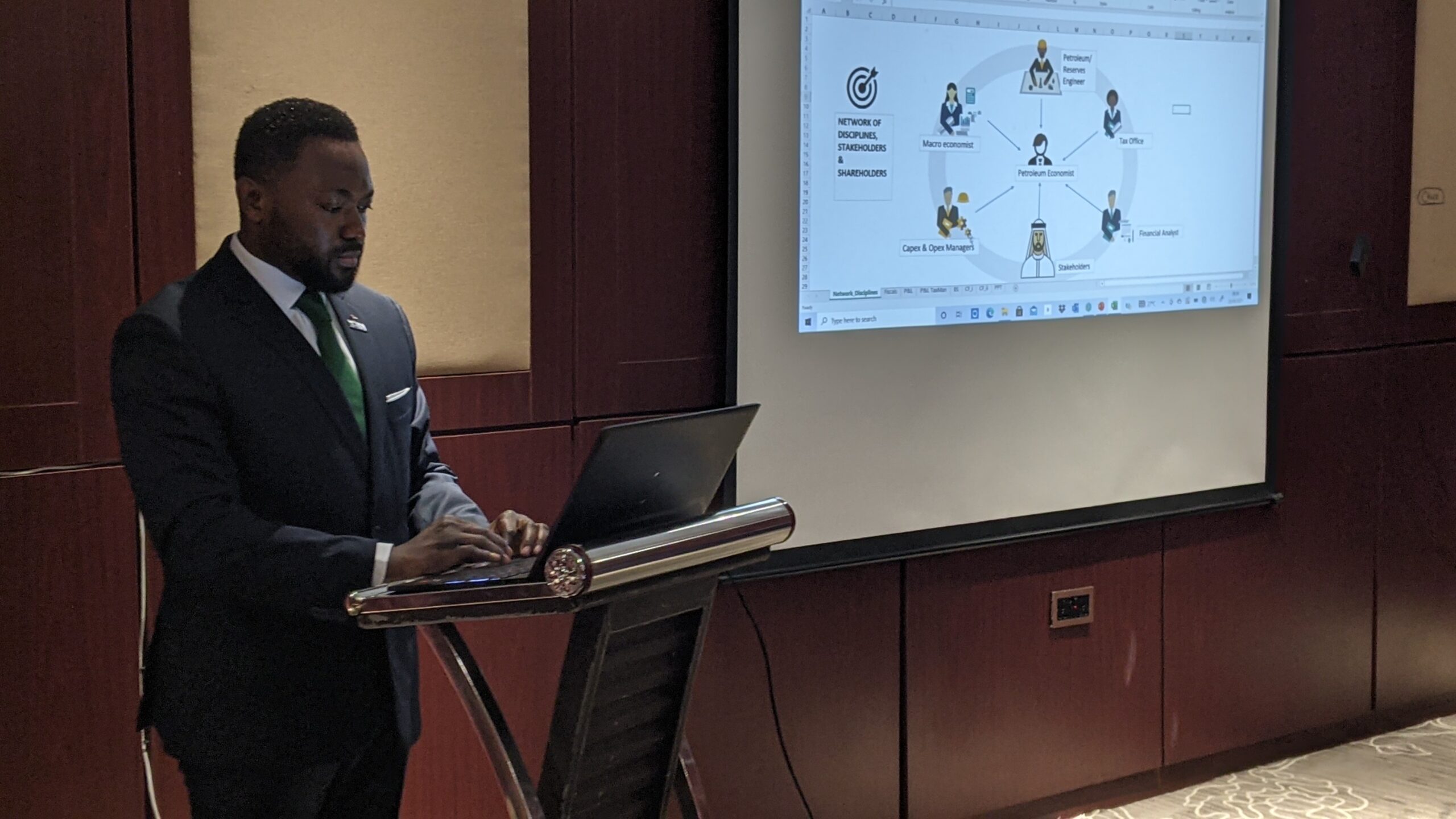
The total sum of an organization’s knowledge basically consists of what its employees know and what is stored in the different repositories of knowledge, such as documents, emails, procedures, databases, and so on. But most often, an organization is much less than the sum of its parts. In other words, the knowledge that it possesses is not available to everyone when they need it. This could be because they do not know where it is or even that it exists, or because they cannot access it, or even because the person holding the knowledge is unwilling to share.
In order to be competitive, a firm needs
- To understand what it knows and what it needs to know in order to achieve its strategic objectives.
- To identify the most valuable knowledge and to transfer or share it with whoever needs it in the organization.
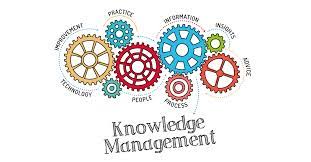
So in a nutshell, Knowledge Management is a conscious strategy of getting the right knowledge to the right people at the right time and helping people share and put information into action in ways that strive to improve organizational performance. However, the most valuable knowledge is not easy to identify or share because it is deep within the minds of experts. To paraphrase Davenport, it exists as a fluid mix of framed experience, values, contextual information, and expert insight
To understand why the most valuable knowledge is so tied to experience, there is no way to extract the knowledge of an expert and place it in a document so that upon reading it, a beginner becomes an expert and this here is the reason why universities can not produce experts. This kind of knowledge that is encoded with experience is called Tacit knowledge, and it is best transferred through master-apprentice relationships, a system the Igbos (a tribe in West Africa ) have mastered and used to dominate the financial and enterprise ecosystem of West Africa.
To clarify us a bit, Knowledge Management must never be confused with information management, the latter deals with the transfer of easily codified facts and figures, and in this case, the use of software could aid in the maximizing of information management however for knowledge management, it is beyond the transferring and protecting of existing data, it is being maximized in an unstructured context, where people are free to experiment and where failure is seen as part of the learning process. It is best created when different kinds of knowledge and the people possessing it are allowed to interact, combine, socialize and build on their know-how.
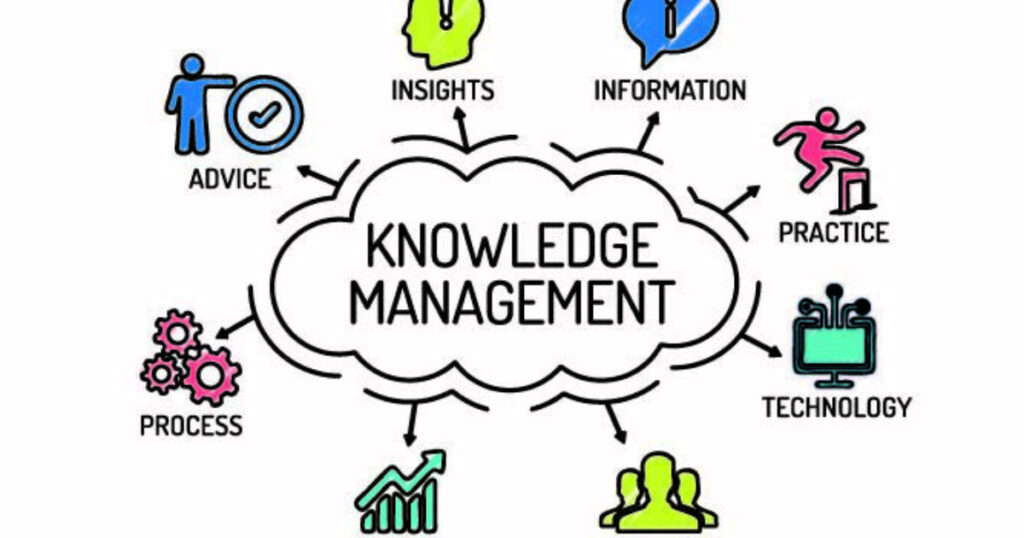
To achieve this, an organization needs to ensure that it has the right organizational culture where people want to share, collaborate, socialize and learn, it has the right processes for detection and categorization of knowledge as the right processes and environments where people can share, collaborate, learn and innovate.
Finally, The exact role of technology in this context is a hotly debated issue, and it is something that we will return to later. However, in every sector of a firm, technology is designed to properly align to the processes of the firm, thereby implementing any technology in this sector does not disrupt existing culture and processes but rather supports them and it can be a very valuable tool in the transfer and sharing of knowledge.
So to recap, KM is about establishing the right organizational processes, environments, culture, and technological infrastructure to help you understand what you know relative to what you need to know and then share, protect, and further develop key knowledge and knowledge assets.




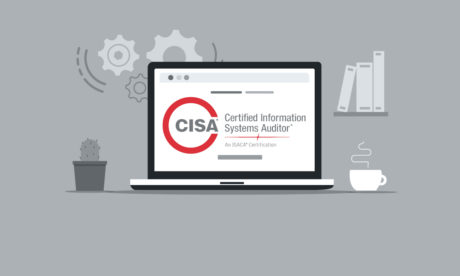
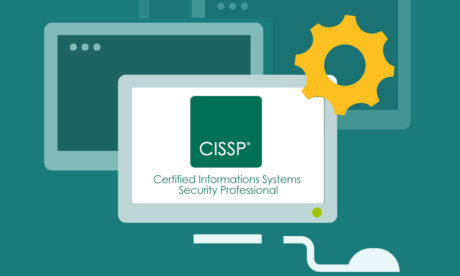
0 responses on "What exactly is Knowledge Management."